
Laura Elizabeth Lansdowne
Managing Editor
As managing editor, Laura works closely with the editorial director to create, inform and maintain the overall editorial strategy for Technology Networks. She plays an active part in the general oversight and training of the in-house editorial team, as well as working directly with commissioned writers to produce content across the publication’s communities. After obtaining a first-class honors degree in biology, Laura worked as a quality assurance technologist before joining the Wellcome Sanger Institute and undertaking an additional qualification in clinical chemistry. In 2015, she left to pursue pharmaceutical and editorial-based roles, before joining Technology Networks in 2017.

Global Sustainability: Lab Goals, Actions and Measuring Success
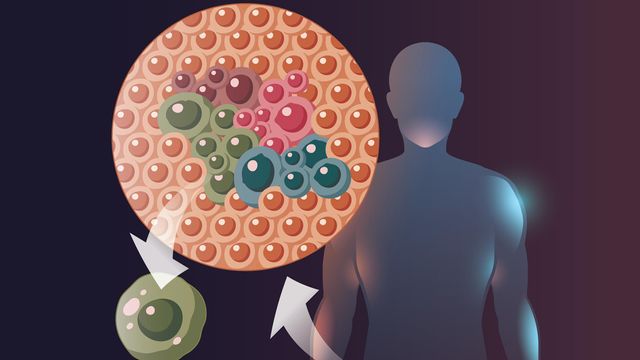
Spatial Transcriptomics in Cancer

High-Throughput Screening
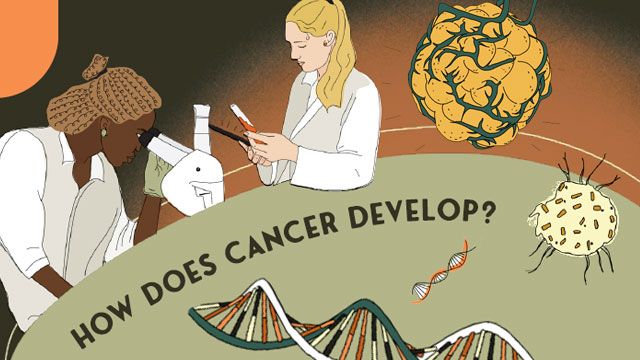
Cancer Genetics
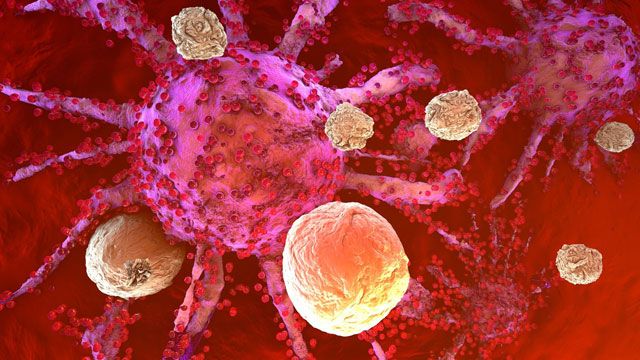
Rewiring T Cells To Enhance Immunotherapy Efficacy
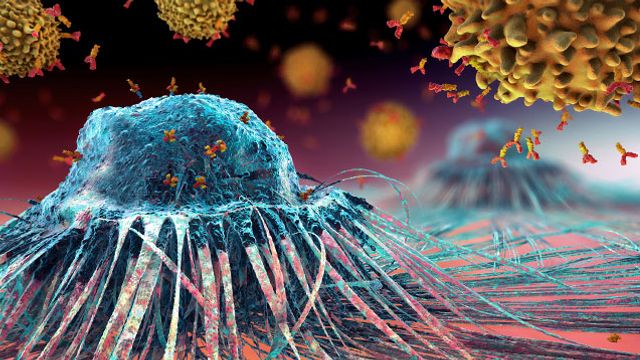
Cancer Research Horizons: Driving Innovation and Strengthening Academia–Industry Collaboration
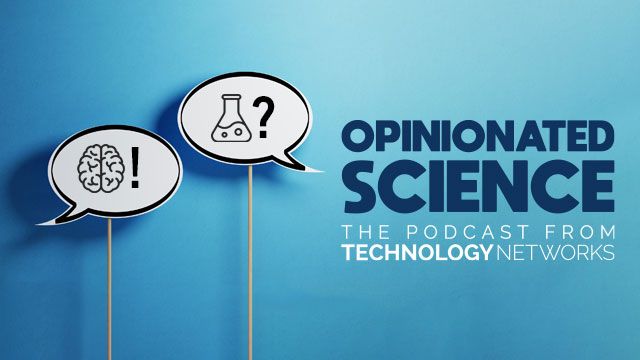
Opinionated Science Episode 43: Genomics Power Hour: Decoding Morning Sickness and Dog Behavior

Skin Cancer Cells Depend on Alzheimer’s Protein To “Take Root” in the Brain

Targeting Cancer Through Induced Viral Mimicry




